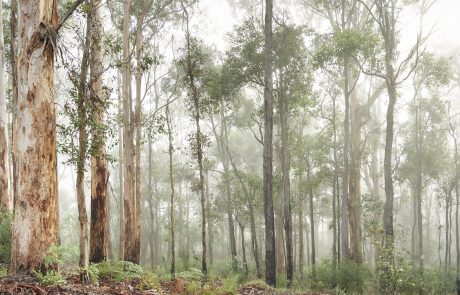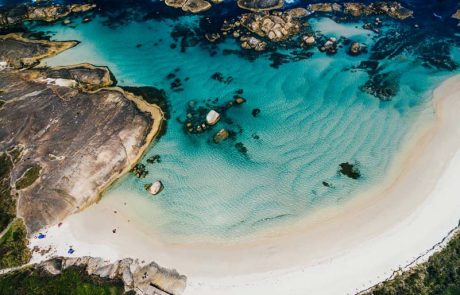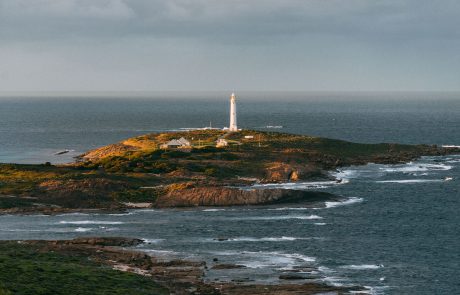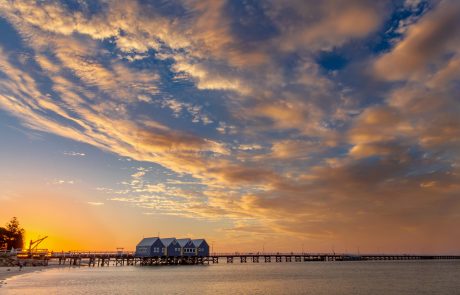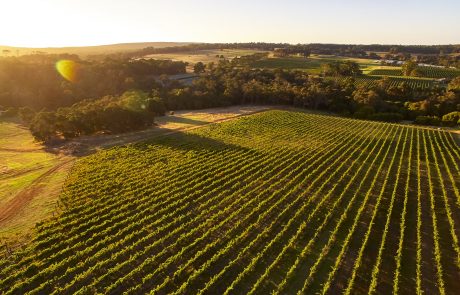Australia’s South West Tourism Observatory (ASWTO)
Member since
2019
Hosted by
(Tourism Research Cluster)
Monitoring area
Margaret River Region (Phase1) and later all of Australia’s South West Region (Phase2)
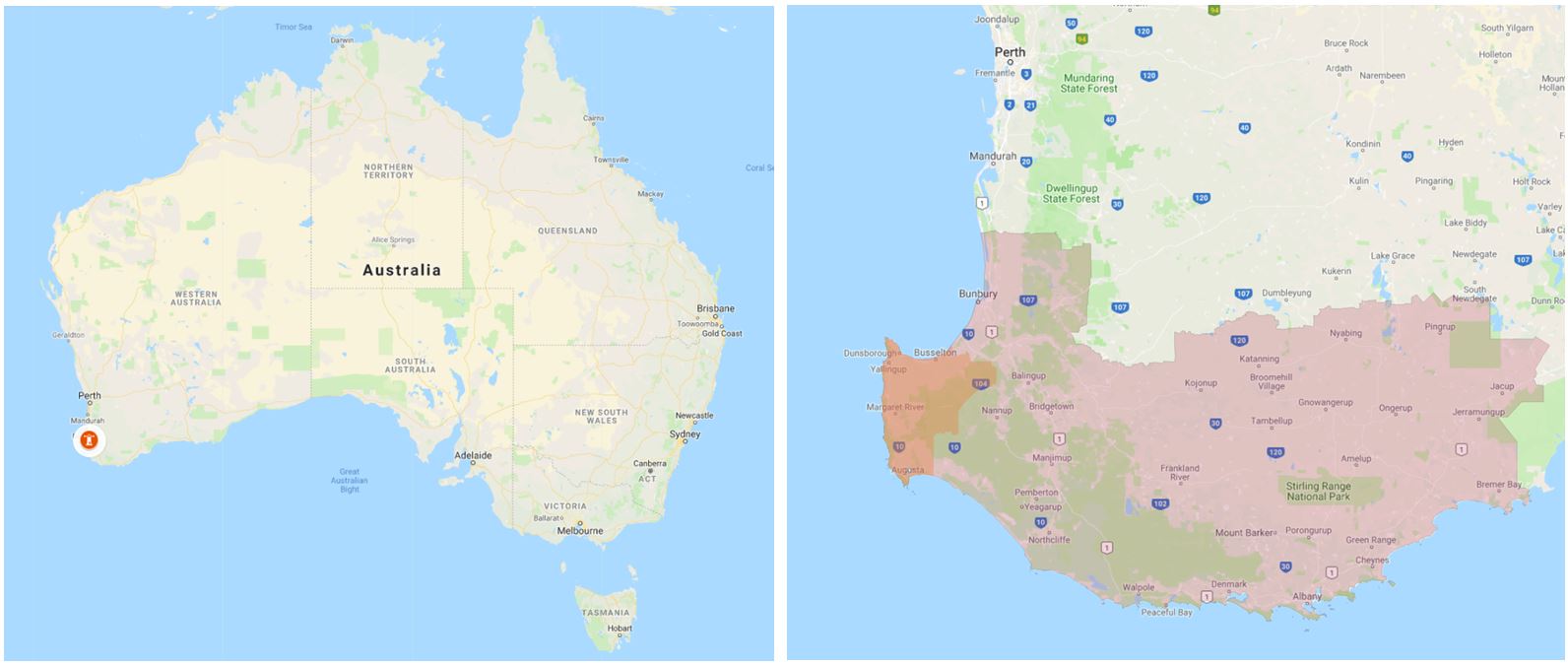
ASWTO is the first of its kind in Australia and is hosted by the Tourism Research Cluster of Curtin University, a world-class rated inter-disciplinary and cross-faculty research centre, which is part of Curtin’s School of Marketing, Faculty of Business and Law.
FACTS & FIGURES
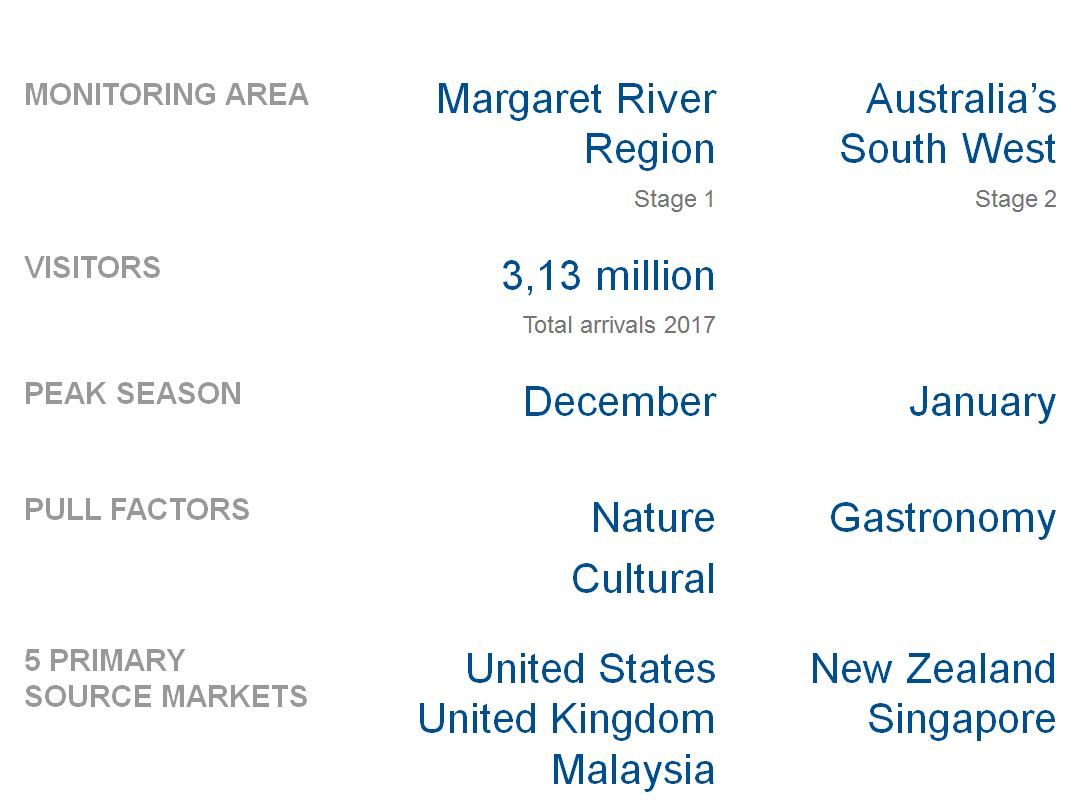
MISSION
By continuously and systematically monitoring sustainability indicators for the selected monitoring area, the mission of ASWTO is to ensure tourism development in the Australia’s South West will contribute to the attractiveness of the region as a place to live and to visit while limiting the impact on its sensitive natural environment. The observatory is therefore supporting relevant stakeholders through regular research, data analysis and the provision of recommendations for the implementation of sustainable tourism policies, strategies and management processes.
Current Monitoring Processes
The initial work of ASWTO is guided by a framework of 20 region-specific indicators in 11 areas, covering eight of the nine themes suggested by the UNWTO. This will be used as starting point for the regular monitoring of tourism impacts in the monitoring area(s) and will be achieved through e.g. the implementation of different surveys, including resident, visitor, visitor movement, industry and tour operator surveys. Insights resulting from these surveys will be complemented by additional data available from other sources and will be extended over time.
KEY MONITORING AREAS
Tourism Seasonality
Employment
Destination Economic Benefits
Governance
Local Satisfaction with Tourism
Energy Management
Water Management
Solid Waste Management
Regional Production Cycles
Inclusion and Accessibility
Landscape Quality
DID YOU KNOW…
With 3.2.million visitors (2019), Australia’s South West region is the second most visited tourism region in Western Australia and is an internationally-recognized tourism destination with exceptional natural assets, including remarkable coastlines, superb beaches and forstes, and a diverse marine environment, which is home of more than 4,000 endemic species of plants and 100 endemic species of animals (it is one of only 25 original global hotspots for wildlife and plants). Therefore, the region’s future health and tourism’s success depend highly on a fragile balance between regional development and the preservation of its unique natural environment.
RESOURCES
CONTACT
Australia’s South West Tourism Observatory (ASWTO)
Curtin University – Tourism Research Cluster
Contact Person: Dr. Michael Volgger
Mail: [email protected]

